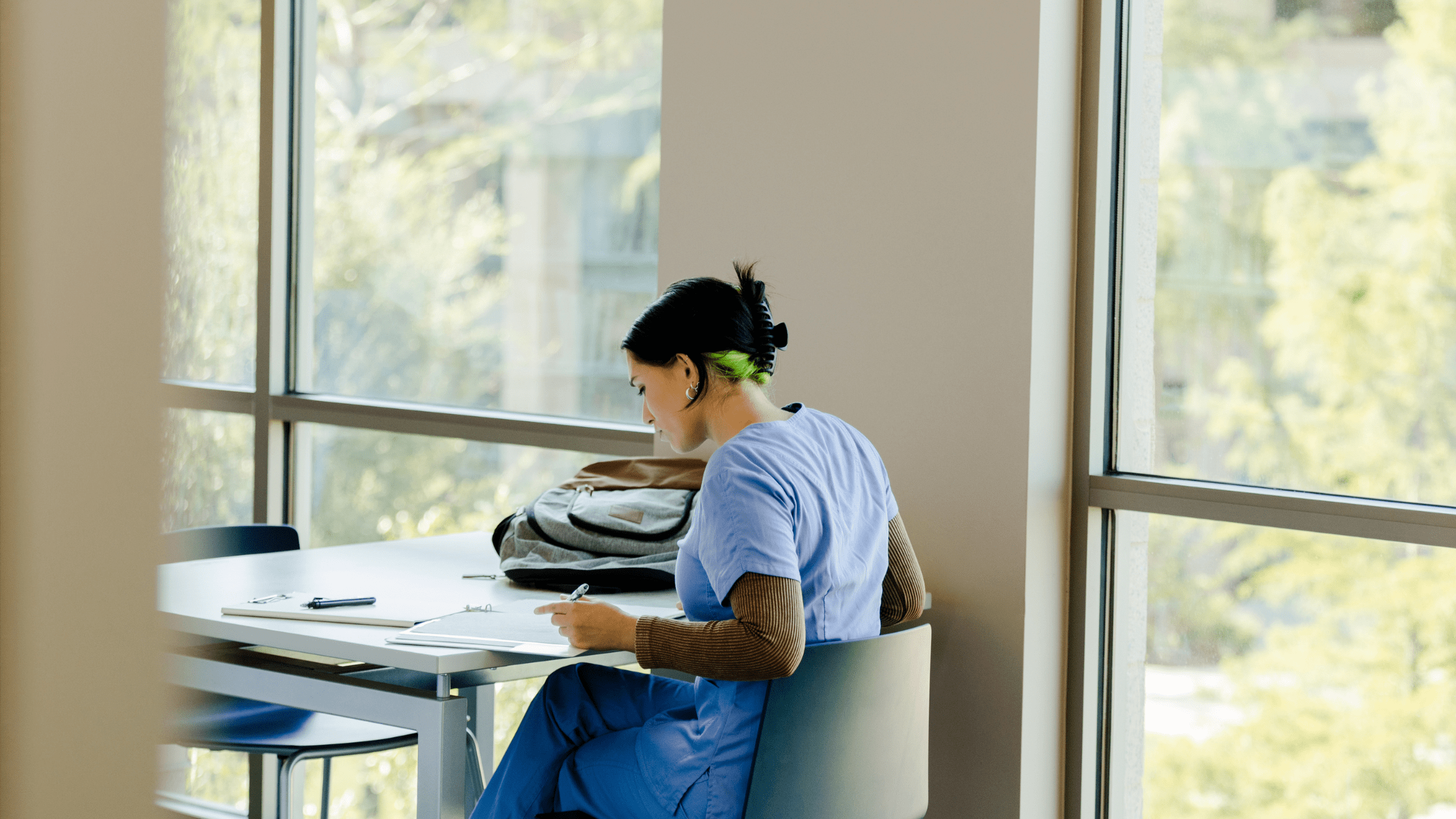Shelf Exam Study Tips for Medical Students

2742 Views
The transition from pre-clinical to clinical medical student can be very difficult. You change from studying all the time as a pre-clinical student to having to study all the time AND manage clinical work on top of it. Shelf exams are important for your residency applications and clinical grades, so it’s important to be sure you’re dedicating the time to studying that will ensure your success. While it may seem that time is impossible to come by, I have some time-saving tips for your clinical rotations to help you both find time for studying for your shelf exam and make studying more efficient.
Have a Plan
The best way to save time while studying is to have a plan. Invest the time in sitting down at the beginning of the rotation to plan out your study schedule. There’s nothing worse than having 15 minutes to cram in some review but not knowing what your objective is for the day. By knowing your goals and objectives, you can have more directed, efficient study periods. A solid study schedule will plan when to get through content, how much content to get through, and when to do self-assessments. For example, for internal medicine, your schedule should include when you will complete each chapter of Step Up to Medicine, how many UWorld questions per day you need to complete, and when to take NBME assessments.
Optimize for Your Shelf Exam
Each Shelf exam (family medicine, internal medicine, surgery, neurology, pediatrics, OB/GYN, and psychiatry) tests different content. Make sure that you’re using high-yield materials for each rotation so that you’re studying effectively and not spending time on material you won’t see on the exam. For example, the Case Files series is a great resource that has a book with high-yield material for each specific rotation. Ask other students, mentors, learning advisors, or a tutor for their opinions on the best resources for each Shelf.
Read While at Clinic
The focus of clinical time is to learn how to take care of patients. That being said, you also have some downtime built into the day during lunch, between patients, or waiting for your attending to come staff your patients. Use this time to read about common clinical conditions that you will see in clinic and on the Shelf exam.
Optimize Other Parts of Your Life
One way to save time for studying is to clear more time from your schedule. There are two tips that were the most useful during my clinical year. On my day off, I would always meal prep for the entire week. By always having breakfast, lunch, and dinner prepared I saved countless hours of food preparation during the week that I could devote to studying.
The second tip is for the coffee drinkers out there. If you like a morning cup of coffee, be sure to program your coffee pot to about 15 minutes prior to waking up. This will jump-start your morning by reducing menial tasks and getting you caffeinated earlier in the day!
Wake Up Early
One of the frustrating things of clinical year is that you can get stuck in clinic, the hospital, or the OR well past when you thought you would. You don’t control the end of your day as much as you used to, and this can be frustrating. However, it is always possible to control your morning. If possible, build a habit of waking up early and studying before you start clinical work. This may be less possible on some rotations (i.e., surgical early mornings) but can be done on most rotations. Plus, then you can relax more in the evening!
Get 1:1 Help From a Shelf Exams Tutor
While I hope all the tips above help you, you may still find that you need a bit of help to feel well prepared for your Shelf exams. In this case, working with a tutor can be a great opportunity to optimize your studying. Your tutor will point you towards high-yield resources, review difficult topics, provide accountability, and offer expertise in test-taking strategy. One of the most helpful things about tutoring is that it can provide an individualized learning experience. Your tutor will get to know you, your learning style, strengths, and weaknesses to build your personalized study plan. This removes all the guesswork from studying to be sure you keep your eyes on the prize! When I work with students, the first thing I do is map out all the things they need to do every day to ensure they’re successful on test day. This means planning practice test dates for NBMEs, planning UWorld blocks, and creating a reading schedule for any textbooks we will be reviewing. Throughout the rotation, we meet to discuss how the study plan is going, what changes need to be made, and clarify any concepts that came up that the student wasn’t certain about. With this individualized approach, students can maximize the use of their time while studying on busy clinical rotations! Schedule a free consultation call to learn more about our shelf exams tutoring here!
Finding time to study during your clinical year can be hard and I hope these tips will help you find the time needed to ensure you’re ready for your Shelf exams!
Featured Articles
